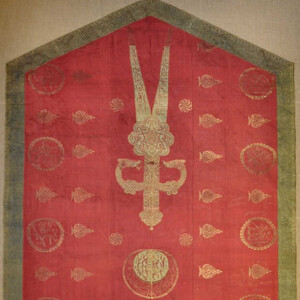
Episode 208: Ahab Bdaiwi on the Rise of Shī‘ī Esotericism
In Part I we looked at the political events leading up to the formation of the Shi'a. In Part II we see that it did not take long for things to get very esoteric. Come for the programmatic esoteric hermeneutics, stay for the occult sciences.














